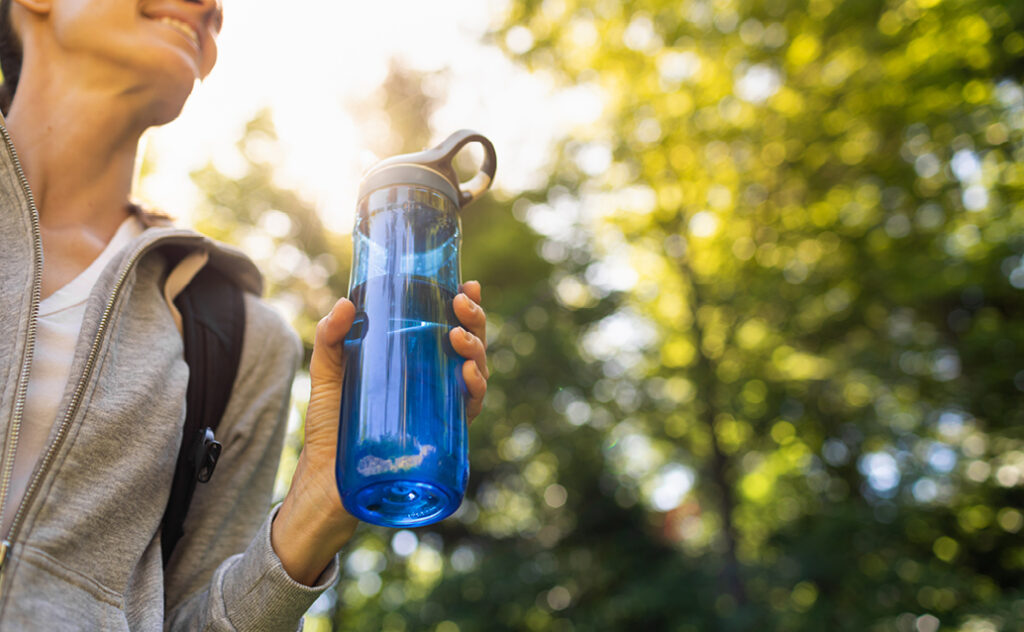
You may spend your day leading a classroom of thirty children, running down the halls of a hospital caring for multiple patients or crunching numbers to work through the next stock market day. Whatever keeps you busy, never let the chaos of the day keep you from one of life’s most important keys to health: hydration.
Most people have heard several iterations of how we, as humans, need water to survive – a whopping eight glasses of water per day at that. But, did you know you can drink too much water just as easily as not drinking enough? Either of these extremes can put your life in danger according to the Mayo Clinic. The truth lies in between, so let’s look at some of the myths and facts around staying hydrated.
Myth: You can only be hydrated by water.
First, let’s clear up a major misconception. All liquids aren’t created equal in terms of hydration. But, liquid is liquid. Whether it’s milk, tea, soda, melon, berries or ice cream; all of these items contain the water we need to survive and replace what we lose in daily living.
Myth: There’s no such thing as too much or too little fluid intake.
Let’s now discuss how much water is enough. We can look at statistics and averages, but the absolute truth is that it depends. Each of us have different lifestyles, locations, body types, ages and many other factors that determine how much fluid we need. Diseases of the kidney, liver and heart aside, a great measure of your hydration is your urine. Urine that runs almost clear could mean you’re overhydrated and could be causing health problems, where dark amber to brown can mean you’re very dehydrated and need to consume more fluids, possibly with electrolytes. You should aim for a very light to pale yellow, with a watery lemonade being optimal. Some foods such as beets, fava beans and aloe can discolor your urine, so always be mindful and as always, consult your physician.
Fact: Losing fluids mean they must be replaced.
No matter the season, we sweat and need additional fluids to replace those that are lost. Like calories and energy, taking in fluid equals fluid leaving the body, and they must stay balanced. Especially in high temperatures or even when we exercise, we lose such fluids through sweating, evaporation and other biomechanics. All of this needs to be replaced.
All in all, hydration is key to optimum health, but remember, you can be hydrated through a variety of means. Find what keeps your body hydrated, and you can lay the pressure of hydration myths aside.
American College of Education makes earning a degree possible for busy professionals. Browse our programs here.

